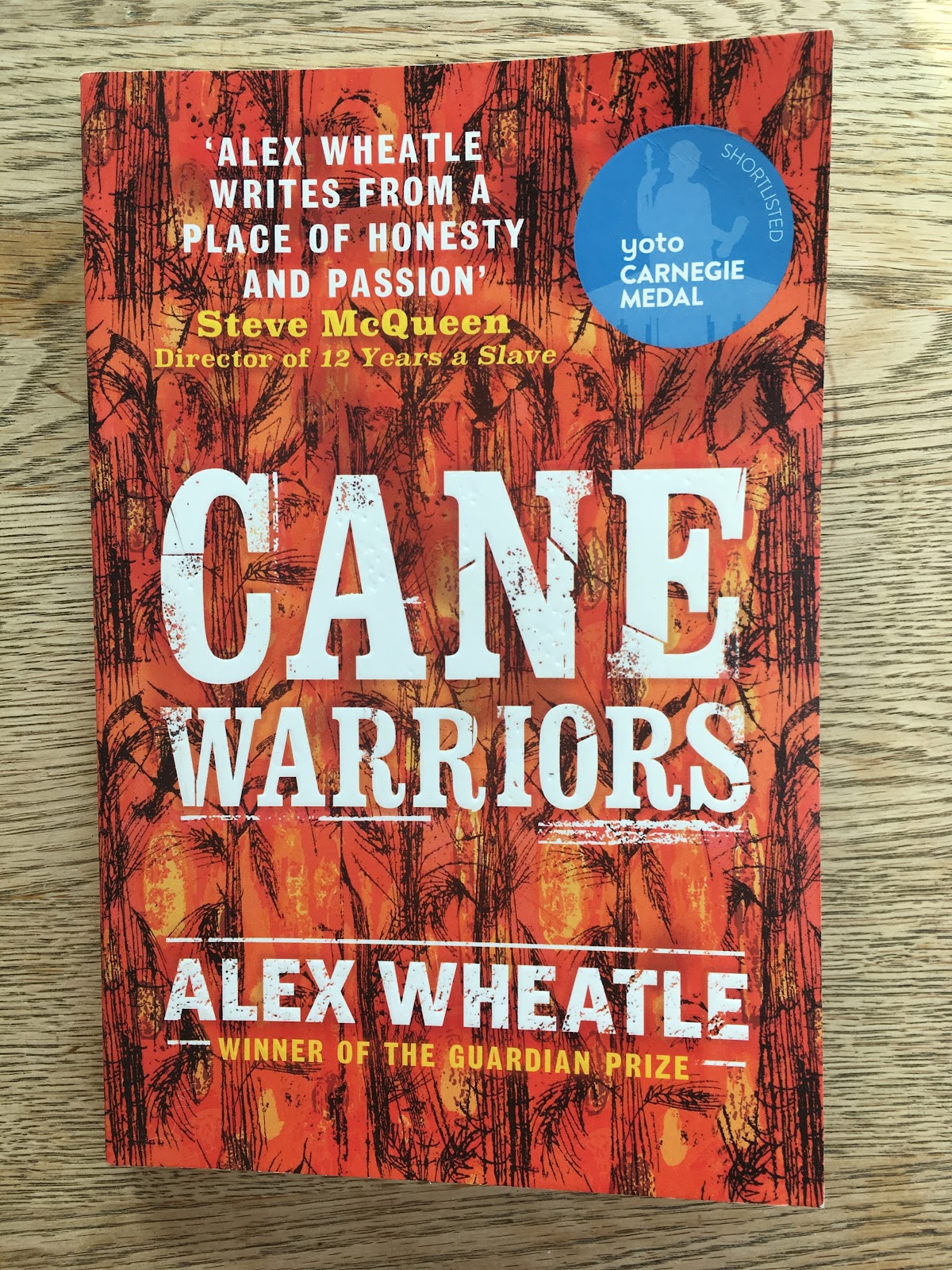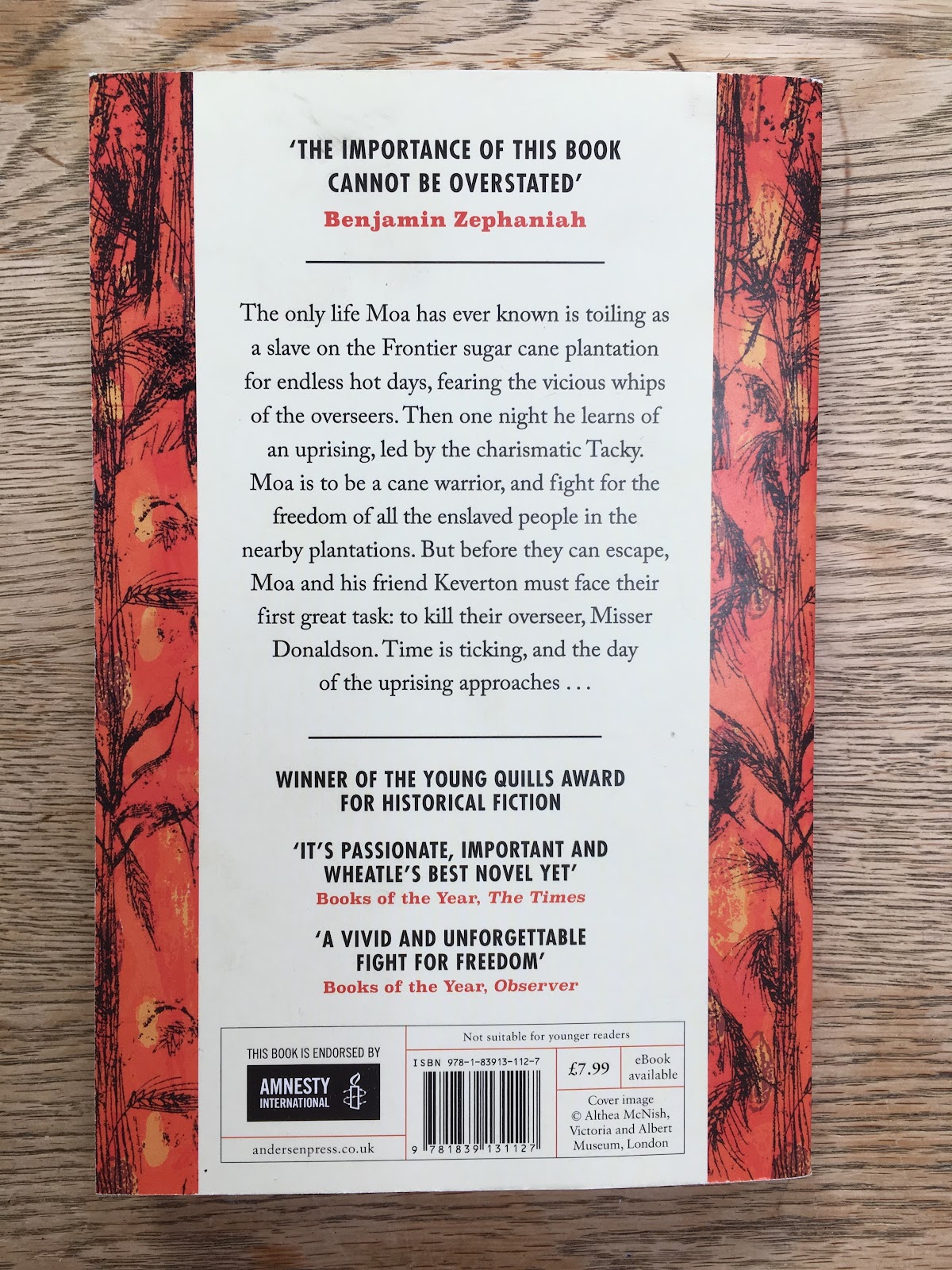To celebrate Black History Month 2022, on this week's blog we have each chosen a favourite historical novel written by a Black or Asian author, featuring Black and Asian protagonists. Barbara's choice is an unmissable classic; the other books are ones that you may not have caught up with yet, as they were published more recently, but they are all excellent and well worth discovering.
Meanwhile, on our YouTube channel, Barbara Henderson looks at Matthew Henson, the Black explorer who may well have been the first to reach the North Pole. You can read his story in Race to the Frozen North by Catherine Johnson (Barrington Stoke).
You can watch Barbara's YouTube video here
Ally Sherrick
CHILDREN OF THE BENIN KINGDOM
by Dinah Orji (Dinosaur Books Ltd)
An exciting and immersive adventure and the debut novel of Dinah Orji, a British author of Nigerian heritage, who was inspired to write a story set in the historical Kingdom of Benin in present-day Nigeria by travels she has made to her ancestral land.
It tells the story of Ada, a young girl growing up in the rainforest with her father, Papa Eze, a herbalist and healer who helps heal the sick in their village. When he himself falls ill, he decides the time has come to tell Ada the truth about her own heritage and ancestry, something we learn he has held back from her to keep her safe.
Using this new and unexpected knowledge about herself and her family, Ada sets off into the heart of the forest with her friend, Mbe, to look for the Edo kingdom, a place which she hopes will help answer the many questions she has. As it turns out, the people of the kingdom need her help to overcome the bitter feud between the ones in power too. But there are people – bad people – hot on Ada’s heels and, together with her friends, she must use all her wits, courage and the help of her ancestors to overcome them and reach her goal.
This is an exciting adventure set in a time and place which offers a brilliant opportunity to engage young readers in discovering about one of Africa’s most fascinating civilizations, the ancient Edo Kingdom of Benin, and to understand more about the culture and beliefs of the people responsible for creating the astoundingly beautiful Benin Bronzes.
Susan Brownrigg
THE LIZZIE AND BELLE MYSTERIES: DRAMA AND DANGER
by J. T. Williams (HarperCollins Publishers)
Drama and Danger is the first in a Georgian-era mystery series which centres on two real-life young women – Lizzie Sancho and Dido Belle.
Set in London in 1777, J. T. Williams imagines that the two girls had met and become friends despite their difference in status. Lizzie’s family run a popular tea shop while Belle lives at the magnificent Kenwood House.
The story centres around the Drury Lane Theatre Royal. Lizzie’s father, Ignatius Sancho, is about to become the first black actor to play Othello – but on opening night a chandelier crashes from the ceiling almost killing him.
Lizzie and Belle both spot the assassin high above the
theatre stage and join forces to bring the villain to justice.
Their investigations have them exploring London and realising that the attack is linked to a slavery plot and that The Shadow is working for someone from the theatre. The closer they get to the truth the more danger the girls find themselves in!
I especially liked that the author uses an imagined story to get readers to think about gaps in history and that reimagining the past is empowering.
Drama and Danger is just under 350 pages, making it look a chunky read BUT J.T.’s story is fast-paced and broken into 5 acts, with gripping short chapters. The book also includes a number of gorgeous illustrations by Simone Douglas as well as letters and case notes from the girls, all of which make this an ideal introduction to historical fiction.
The final chapter ends with a teaser for a second book – Portraits and Poisoning – which I am really looking forward to!
Catherine Randall
THE LION ABOVE THE DOOR by Onjali Q. Raúf (Orion)
This book, by the prize-winning author of The Boy at the Back of the Class, is based on such a brilliantly simple idea that I couldn’t believe I hadn’t read a book like it before.
Leo and Sangeeta have got used to the fact that no one in their school history books looks like them. Then, on a trip to Rochester Cathedral to learn about the Second World War, Leo spots someone with exactly the same name as him on a war memorial. This discovery triggers a roller-coaster ride of exploration and a race against time as Leo, Sangeeta and their friend Olivia hurry to reveal the facts about their newly discovered heroes in time for the TV show coming to film at their school. But someone in their class doesn’t want them to succeed. It takes the help of the friends’ whole families, both at home and abroad, to show the world their ‘Forgotten Heroes’.
This is an important book for upper KS2 which challenges the traditional, lazy narratives about WW2, and introduces children to war heroes from Singapore, India and Ghana. It also captures brilliantly the shocking, casual racism to which children from non-majority backgrounds are subject to every day, making us think about how we treat others who are different from us.
The back of the book contains excellent resources about Black and Asian heroes of WW2, a picture section, and a map you can fill in as you discover your own forgotten heroes.
Jeannie Waudby


CANE WARRIORS by Alex Wheatle (Andersen Press)
Alex Wheatle takes an historical event – the 1760 uprising on the Jamaican Frontier sugar plantation – and brings it to life through the eyes of Moa, a 14-year-old boy.
Moa has spent all his life enslaved on the plantation, subjected to brutal beatings and forced to watch the systematic horrific treatment of his friends and family. His whole life has been lived in terror. The story opens with Miss Pam’s death. She was a beloved healer and lifter of spirits who has kept alive precious wisdom from back home. Now Moa is faced with a huge decision: will he join the uprising to free the Frontier and neighbouring plantations? What follows is a tense battle against the odds, a band of brothers who are fighting for freedom to live their own lives in safety and peace, and to protect their friends, neighbours and families. Once Moa leaves the plantation, even in this danger he is amazed by the new things he sees: tiny insects and plants, fruit generously growing wild for the taking.
The first paragraph opens with ‘the chanting of tiny creatures’ and this begins a relationship throughout the book between nature and people. To Moa and his friends it is a source of comfort and nurture, a place to hide and to return to. But to the white British enslavers, it is a thing of foreignness and terror, there only to be exploited.
The sea too has different meanings for Moa. When he first sets eyes on it, he is delighted and astonished by ‘the wide blue waters’. His first thought is that across that expanse lies the home he has never seen. Yet it is the means by which his life has been stolen and he knows that across it will come the British military with their muskets and cannons and their determination to protect their money-making system of slavery. Moa and his band, increasing along the way, take a moment of peace in its cool waters. The sea to Moa comes to mean a way home – whether it is alive or lost in battle.
This is a heart-breaking and thrilling novel in which something that really happened comes vividly alive through one boy’s choices, courage and hope.
Barbara Henderson
NOUGHTS AND CROSSES
by Malorie Blackman (Penguin Random House)
My recommendation for Black History Month is not a new book: Malorie Blackman’s Noughts and Crosses was first published in 2001. Apart from the fact that it is a wonderful read by an inordinately gifted storyteller, it felt ground-breaking in its simplicity, swapping black and white in an alternative history.
In Blackman’s version of a recognisable 21st century world, Crosses, those of Afro-Caribbean heritage, are the privileged ones, while the white Noughts are expected to be content with disadvantage and subservience. Throw in a love story and political unrest, and you have plenty of conflict to sustain a series. Thought-provoking, entertaining, and frankly genius, Noughts and Crosses was recently adapted into a successful TV series too. For me as a Time Tunneller, the standout chapter depicted a history lesson. Callum, the main Nought character, is among the first to attend a reputable all-Cross school and finds that history only remembers those of Cross descent, conveniently ignoring those of Nought origin. Blackman skilfully holds up a mirror here – most of the BAME inventors and pioneers mentioned by the fictional history teacher in this chapter were unfamiliar to me. Yes, that felt compelling – Noughts and Crosses achieves that rare and precious thing of entertaining me, challenging me and teaching me something new.







